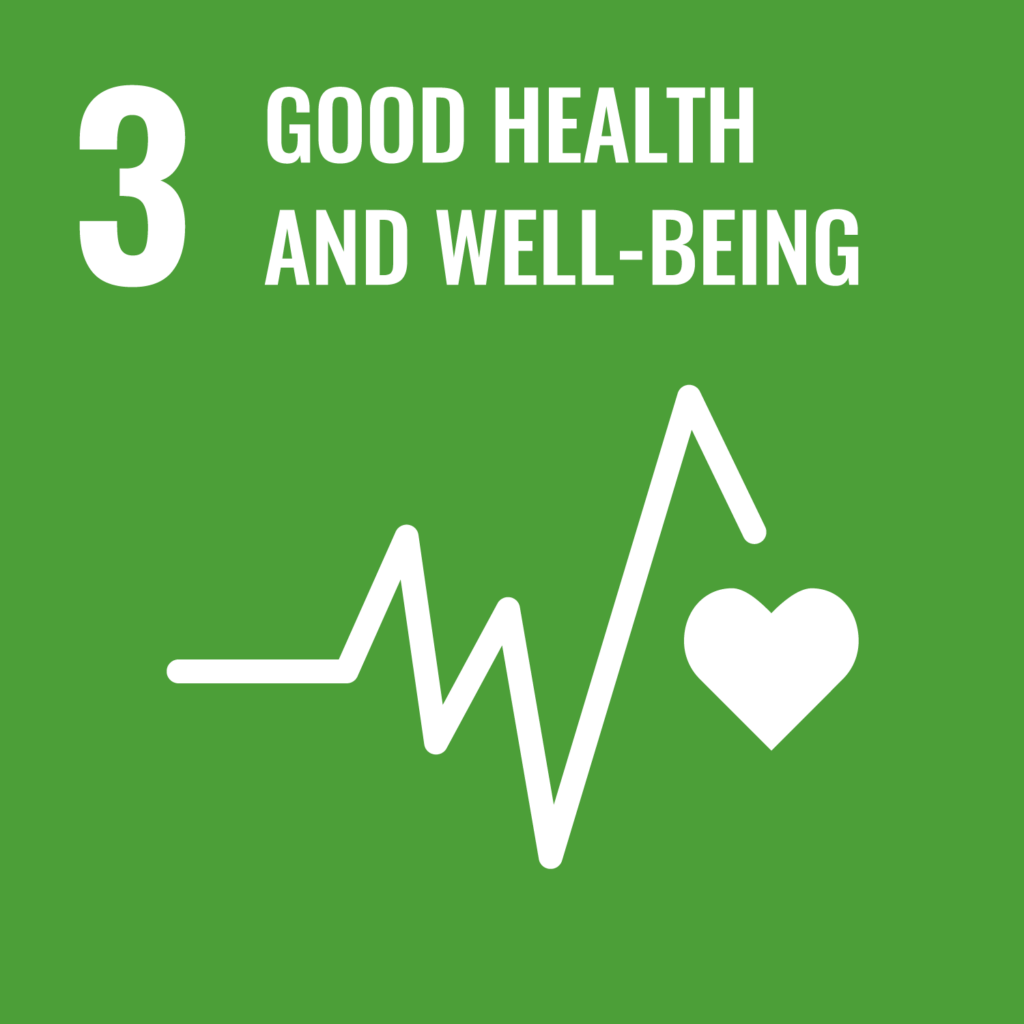Green and Serene: The powerful benefits of nature on our mental health
The positive effects that nature has on our mental health is no new topic of conversation, yet it is something that is easily forgotten or overlooked during our busy lives.
A large study was conducted in Denmark which included over 11,000 adults. It was found that those living more than 1km away from an area of green space reported a poorer quality of life than those living closer. The same participants also had a higher chance of experiencing stress than those who lived less than 300m from a green area. From studies such as this, we can understand the extent of nature’s role in mental health and well-being.
Public parks and green spaces provide services, such as the improvement of public health, valued at £5bn per year.
LONDON ENVIRONMENT STRATEGY, PAGE 137
Nature can be defined very broadly- from green spaces such as forests and parks, to blue spaces such as lakes, beaches, and canals. Private gardens, trees on a street of houses, houseplants, and even watching nature documentaries have been found to have positive effects on mental health.
Research has shown that 2-4 hours per week is a perfect amount of time spent in nature for most people. Interestingly, it doesn’t matter when this is achieved. Whether it be on one long Sunday cycle, or across lots of shorter periods of time, the most important thing is that you get in nature in a way that suits your lifestyle.
One way of spending time in nature is through gardening. Landscaping and Gardening Society have an allotment on campus where they spend time on Friday afternoon, growing, planting, and chatting amongst the nature. Whether it’s with them, another organisation, or by yourself, gardening has profound positive effects on mental health. This is not solely through spending time in nature, but also by providing your body with some physical activity (and a sense of amazing achievement when you get to eat something that you’ve grown!).
As many people will know, mental health issues such as anxiety and depression come with a proneness to overthinking, worrying, and becoming trapped in spirals of negative thoughts. Immersing yourself within nature can help by encouraging your focus to be on the natural world around you, allowing your negative thoughts to take a pause. By allowing your senses to take over when watching birds fly above you, trees sway, or the fresh smell of rain, the reminder that the world is so much bigger than what is going on inside our minds comes into play. It is this mindful practice of focusing on the here and now that helps me so much in times of struggle.

“No Mud, No Lotus”
The above book is one of my favourites, written by Thich Naht Hanh, a Buddhist Monk. He discusses this practice of being present in nature, and the freedom it can bring to the mind.
No Mud, No Lotus: The Art of Transforming Suffering by Thich Nhat Hanh | Goodreads
Investing in green infrastructure would reduce costs to the National Health Service alone by £2.1bn.
LONDON ENVIRONMENT STRATEGY, PAGE 137
When it comes to how I spend time in nature, I enjoy getting out and about for walks, cycles, swims, and sometimes nature naps (only in summer!). We are so lucky to have our Loughborough campus, where the gardens team do an amazing job of maintaining a gorgeous, biodiverse campus.

I quite often take myself for a nature break along the Fruit Routes on campus to soak up the beauty. There’s even a foraging map for days where you have a bit more time!
Sadly we can’t be outside all the time. To bring nature indoors, I have filled my flat with houseplants… as I’m sure many people will have done since the pandemic. I have included a photo of one of my family’s houseplants that I am still in absolute awe of! I seriously need to get some tips here.

Send some tips, photos, or ways that you spend time in nature to enviroassist@lboro.ac.uk for us to share on social media!

This article is in support of the United Nations Sustainable Development Goal 3: Good Health and Well-being. To read more click here.
Sustainably Speaking
Loughborough University Sustainability Blog